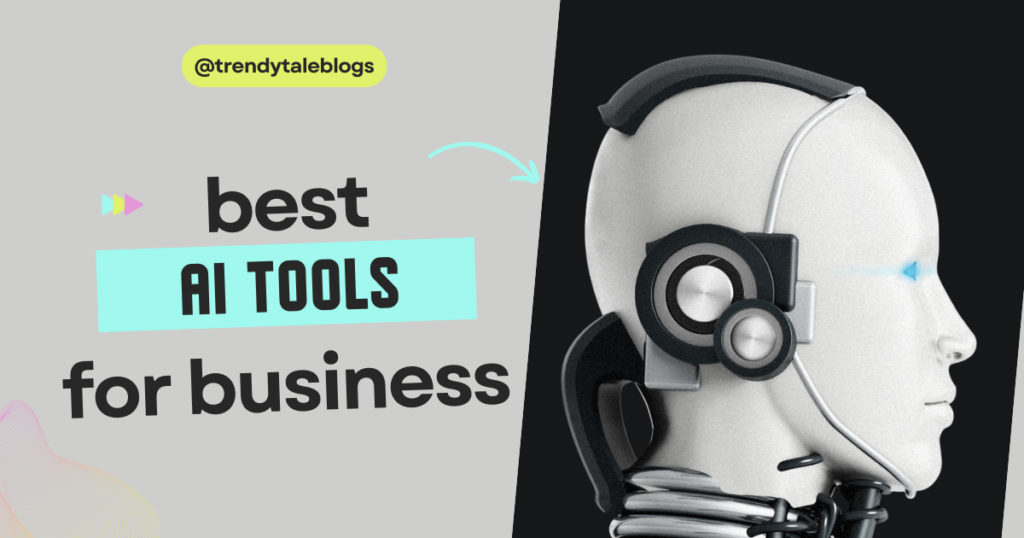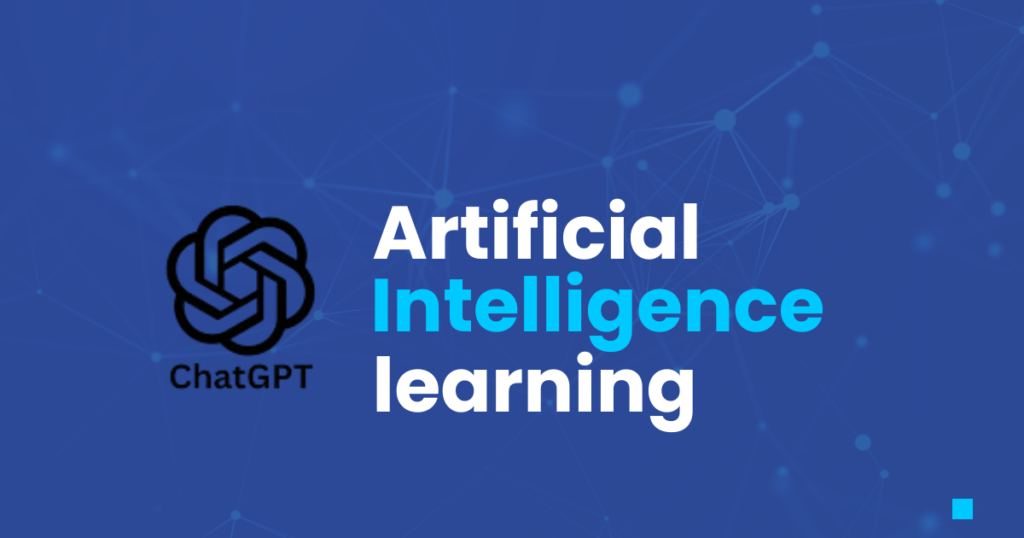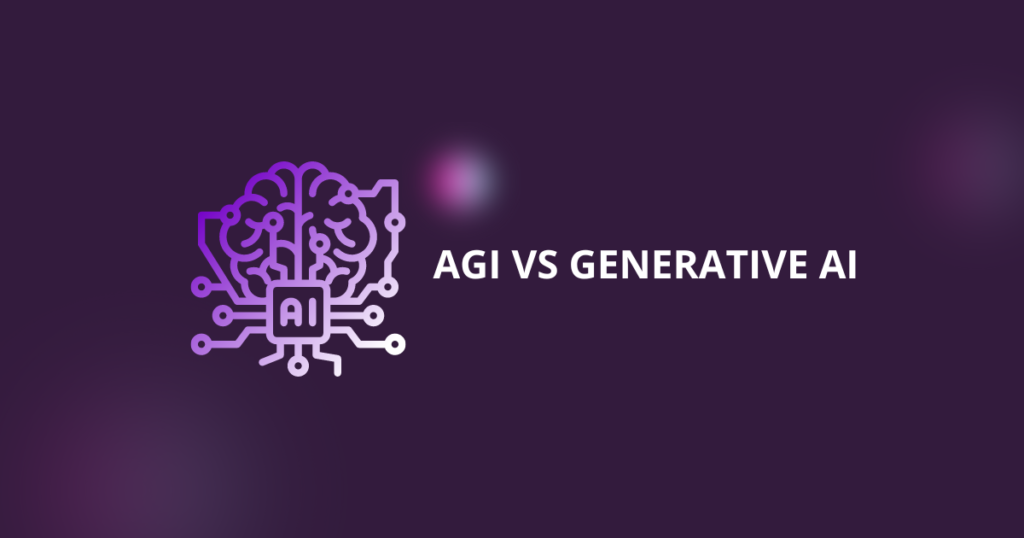Best AI Tools for Businesses
In today’s fast-paced world, organisations strive for efficiency and production. Best AI Tools for Businesses have become vital for achieving these goals. These tools can automate operations, increase decision-making, and provide useful information. In this post, we review the finest AI technologies for organisations, helping you understand their benefits and how to deploy them efficiently.
By employing Best AI Tools for Businesses, firms may streamline operations and decrease costs. This article will explore numerous AI tools and their uses across diverse domains. Additionally, we will emphasize how businesses may harness these tools to enhance productivity and innovation.
So, let’s delve into the greatest AI tools for businesses today!
1. What Are AI Tools?
AI tools refer to software applications that utilize artificial intelligence technologies. They assist firms automate procedures, analyze data, and enhance consumer experiences. These tools range from simple chatbots to powerful machine learning platforms.
Businesses can employ Best AI Tools for Businesses to improve different elements of their operations. For instance, they can evaluate client data, manage supply chains, and increase marketing activities. Companies that embrace AI solutions generally realise considerable increases in efficiency and effectiveness.
2. Why Are AI Tools Important for Businesses?
AI solutions are vital for businesses today for various reasons:
- Increased Efficiency: AI solutions automate monotonous operations, freeing up human resources for more strategic work.
- Better Decision-Making: AI analyzes data quickly, generating insights that help managers make informed decisions.
- Enhanced Customer Experience: AI systems may personalize interactions with customers, enhancing satisfaction and loyalty.
- Cost Reduction: By automating operations, firms can cut labor costs and operational expenses.
Understanding these benefits is vital for any firm wanting to prosper in today’s competitive market. Companies that invest in Best AI Tools for Businesses generally beat their competition.
3. Best AI Tools for Businesses
Here, we highlight some of the greatest Best AI Tools for Businesses, grouped by their functionalities:
A. AI-Powered Chatbots
Chatbots are one of the most popular Best AI Tools for Businesses. They automate client contacts and give help around the clock. Here are two leading options:
- 1. Drift: Drift is a conversational marketing platform. It lets businesses engage with website visitors through AI-powered chatbots. These chatbots can answer enquiries, qualify leads, and schedule meetings. This technology promotes consumer involvement and facilitates communication.
- 2. Intercom: Intercom is another powerful chatbot technology. It enables businesses engage with clients via live chat and automated messages. Intercom offers features including targeted messaging and customer segmentation, enabling personalized interactions.
Both Drift and Intercom improve customer service, saving time and resources.
B. AI-Based Analytics Tools
Analytics technologies help firms make sense of massive volumes of data. Here are two prominent AI-based analytics tools:
- 1. Google Analytics: Google Analytics is a well-known application that helps organisations track website performance. Its AI capabilities provide insights into user behavior, traffic sources, and conversion rates. Businesses can exploit this information to optimize their marketing campaigns.
- 2. IBM Watson Analytics: IBM Watson Analytics delivers advanced analytics capabilities. It employs natural language processing and machine learning to give actionable insights. Businesses may find trends and patterns in their data with this powerful tool.
Both Google Analytics and IBM Watson Analytics offer data-driven decision-making for enterprises.
C. AI for Marketing Automation
Marketing automation solutions streamline and increase marketing efforts. Here are two major Best AI Tools for Businesses in this category:
- 1. HubSpot: HubSpot is an all-in-one marketing platform. It offers tools for email marketing, social media management, and content management. Its AI technologies let organisations personalize marketing strategies and track effectiveness.
- 2. Marketo: Marketo is another marketing automation solution that employs AI to boost consumer engagement. It offers features including lead scoring, email automation, and analytics. Businesses can construct targeted marketing campaigns with Marketo’s capabilities.
Using these technologies, firms can improve their marketing efficacy and reach their target audience more efficiently.
D. AI for Human Resources
Best AI Tools for Businesses can also improve human resource processes. Here are two effective AI solutions:
- 1. Workday: Workday is an HR software that employs AI for talent management and workforce planning. It provides insights into employee performance and engagement. HR departments may make data-driven decisions using Workday’s analytics capabilities.
- 2. Pymetrics: Pymetrics is an AI-driven recruitment platform. It employs neuroscience and AI to assess individuals’ abilities and match them to suitable opportunities. This technology helps firms enhance their hiring procedures by identifying top talent more effectively.
Both Workday and Pymetrics increase HR functions, leading to better workforce management.
E. AI for Sales Enablement
Sales enablement solutions help sales teams boost their efficiency. Here are two major Best AI Tools for Businesses in this space:
- 1. Salesforce Einstein: Salesforce Einstein is an AI tool built into the Salesforce CRM platform. It delivers predictive analytics and lead scoring, helping sales teams prioritize leads. This technology boosts sales strategy and improves client interactions.
- 2. Gong.io: Gong.io analyzes sales talks using AI. It provides insights into consumer interactions and identifies trends. Sales teams can exploit these insights to strengthen their pitches and complete more deals.
These tools empower sales teams, enabling them to operate smarter and more effectively.
F. AI for Project Management
Project management tools can streamline procedures and boost team cooperation. Here are two effective AI solutions:
- 1. Asana: Asana is a popular project management program. Its AI technologies help teams prioritize jobs and track progress. Asana’s automation tools save time by decreasing manual work.
- 2. Trello: Trello is another project management solution that employs AI to boost efficiency. It enables visual work management and connects with other programs. Teams can interact more efficiently with Trello’s user-friendly UI.
Both Asana and Trello improve project management processes, assuring effective project completion.
G. AI for Customer Relationship Management (CRM)
CRM technologies help firms manage client connections successfully. Here are two AI-powered CRM solutions:
- 1. Zoho CRM: Zoho CRM is a comprehensive customer relationship management tool. Its AI functions provide insights into client behavior and preferences. Businesses can use this information to boost client engagement.
- 2. Microsoft Dynamics 365: Microsoft Dynamics 365 is another comprehensive CRM product. Its AI skills help firms evaluate client data and estimate revenue. This solution enables firms to make informed decisions based on reliable insights.
Using AI-powered CRM systems can lead to improved customer interactions and increased sales.
4. How to Choose the Right AI Tool for Your Business
Choosing the correct AI solution for your organisation is vital for success. Here are some tips to aid you in choosing the proper decision:
- A. Identify Your Needs: Determine the precise areas where AI can benefit your business. Consider jobs that involve automation, data analysis, or consumer engagement. Identifying your needs will help you narrow down your options.
- B. Research Available Options: Conduct detailed study on various AI tools. Look for reviews, comparisons, and case studies. This information will help you evaluate the features and capabilities of each tool.
- C. Consider Integration: Ensure the AI technology interfaces seamlessly with your existing systems. Compatibility is necessary for efficient implementation. Choose tools that can readily link with your present software and processes.
- D. Evaluate Pricing and Support: Compare the pricing structures of different AI technologies. Consider your budget and the value the instrument gives. Additionally, analyse the customer support supplied by the seller. Responsive support is vital for successful deployment.
- E. Test Before Committing: Many AI programs provide free trials or demos. Take advantage of these opportunities to evaluate the tool before committing. This hands-on experience will let you assess whether the product fulfils your needs.
By following these steps, you may choose the best AI technologies for your organisation.
5. Implementing AI Tools in Your Business
Once you identify the correct AI technologies, it’s time to implement them efficiently. Here are some best practices for successful implementation:
- A. Start Small: Begin with a pilot project to test the AI tool’s effectiveness. This strategy allows you to examine its impact on a lesser scale before full adoption. It also helps identify potential difficulties early on.
- B. Train Your Team: Provide proper training for your personnel on using the AI tool. Ensure they grasp its features and functionalities. A well-trained workforce will maximize the tool’s capabilities and boost overall productivity.
- C. Monitor Performance: Continuously monitor the performance of the AI tool after implementation. Gather input from users and track key performance indicators (KPIs). This data will let you measure the tool’s efficacy and make required improvements.
- D. Iterate and Improve: Best AI Tools for Businesses evolve, and so should your usage. Regularly update the product based on feedback and evolving company needs. Stay informed about new features and best practices to guarantee optimal performance.
By following these best practices, you can successfully deploy Best AI Tools for Businesses.
6. The Future of AI Tools in Business
The future of AI technologies in business is promising. As technology progresses, AI technologies will become more complex and accessible. Businesses who adopt these advances will gain a competitive edge.
- A. Increased Automation: Automation will continue to be a prominent trend in the future of Best AI Tools for Businesses. Businesses can automate increasingly complicated activities, leading to enhanced efficiency and productivity.
- B. Enhanced Personalization: AI tools will deliver ever more tailored experiences for clients. Businesses can analyze data to personalise products and services to individual interests.
- C. Improved Collaboration: AI will boost collaboration across teams. AI solutions will promote seamless communication and project management, leading to more efficient processes.
- D. Greater Insights: The future of AI tools will deliver better insights into corporate processes. AI will evaluate large amounts of data, offering vital insights for decision-making.
By being updated about these developments, organisations can adapt and survive in the changing landscape.
Conclusion
AI tools are altering the way businesses work. They enhance efficiency, improve decision-making, and boost customer happiness. By adopting the greatest AI tools, businesses may acquire a competitive edge and drive growth.
In this essay, we studied numerous AI technologies for distinct business functions. We also covered how to choose and apply these technologies successfully. As technology continues to improve, staying educated on the latest AI developments is vital for success.
By investing in AI tools, firms can prepare for the future and unleash new opportunities. Embrace the power of AI and take your business to the next level!
FAQ
1. What are AI tools?
Best AI Tools for Businesses are software applications that use artificial intelligence technologies to automate processes, analyze data, and improve consumer experiences.
2. Why should firms employ AI tools?
Businesses should employ AI tools to promote productivity, better decision-making, and improve customer happiness.
3. How do I find the proper AI technology for my business?
Identify your needs, study available options, consider integration, analyse pricing, and test before committing.
4. What are some prominent AI tools for businesses?
Some popular AI technologies are Drift, Google Analytics, HubSpot, Salesforce Einstein, and Asana.
5. How can I apply AI tools in my business?
Start small, teach your team, measure performance, and iterate for improvement.



